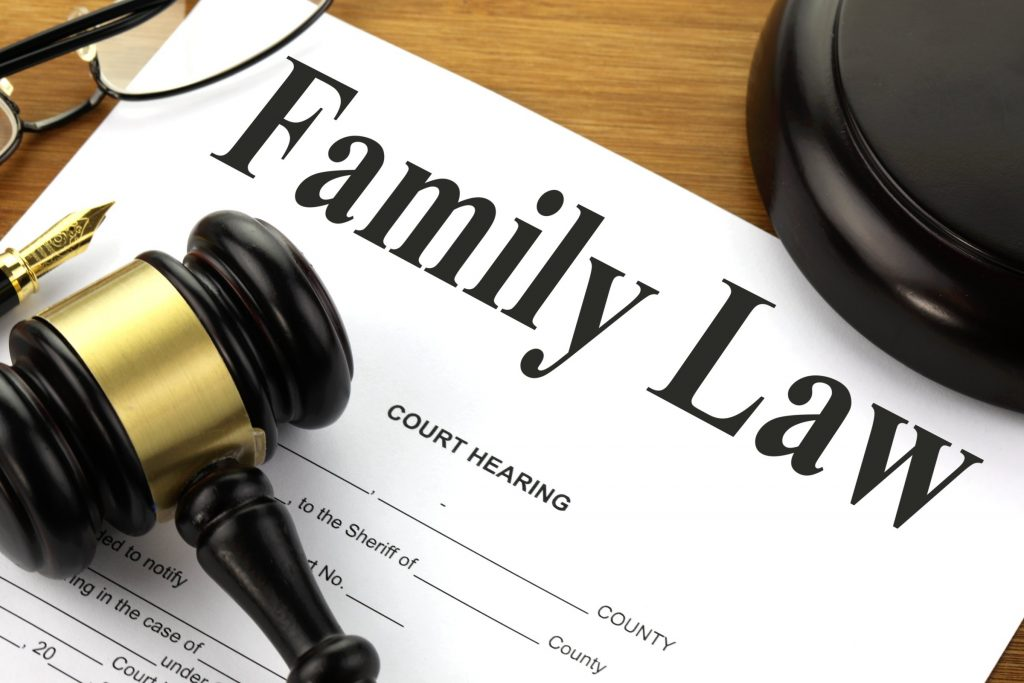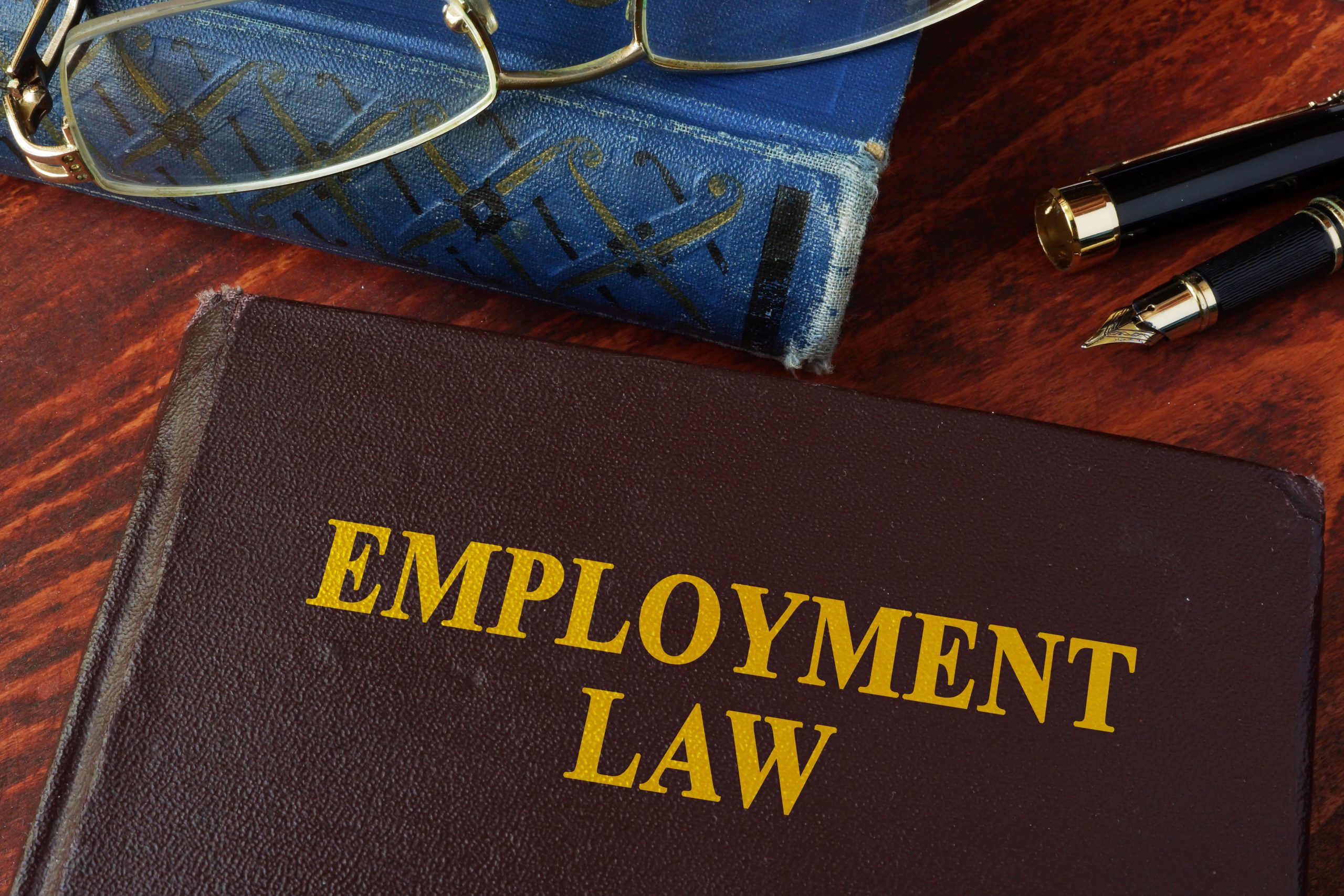Importance Of Choosing The Right Law Firm
Choosing the right personal injury law firm greatly affects the success of a case. The expertise and experience of the legal team determine the strategy and eventual settlement or verdict. A seasoned firm, like Morgan & Morgan, understands the nuances of personal injury law and has a track record of successful cases.
Hiring the wrong firm can lead to unmet expectations and potential financial loss. An underqualified firm might mishandle the case, resulting in unfavorable outcomes. Clients should research firms, noting their success rates and client reviews to gauge potential performance.
A reputable law firm provides transparent communication and realistic expectations. Firms that offer clear information on case progress and potential outcomes, such as Avrek Law Firm, build trust with clients. In contrast, firms making unrealistic promises often aim to attract clients without the necessary expertise to deliver.
Specialization in personal injury law is crucial. Firms dedicated to this field, such as The Reeves Law Group, better understand specific legal challenges and how to navigate them. General practice firms may lack the focused knowledge required for complex personal injury cases.
Choosing the right law firm involves assessing various factors, making it essential for clients to critically evaluate their options. This careful selection process helps ensure that clients receive dedicated and competent legal support for their personal injury claims.
Lack Of Experience And Specialization
Choosing a personal injury law firm with insufficient experience and specialization can jeopardize your case. To ensure competent representation, examine the firm’s focus and past performance.
General Practice Vs. Specialist Firms
General practice firms handle various legal areas, diluting their focus. Personal injury cases require specific expertise due to their complexity. Specialist firms concentrate on personal injury law, ensuring familiarity with relevant statutes and case law. For example, a specialist firm like Morgan & Morgan handles thousands of personal injury cases annually, providing vast experience.
Limited Track Record In Personal Injury Cases
A limited track record indicates insufficient proficiency. Evaluate the firm’s history of settlements and verdicts. Firms with robust records list several high-value settlements. For instance, a successful firm might have settled multi-million-dollar cases, reflecting their negotiation skills and litigation capacity. An experienced personal injury firm like Keith Taylor Law Group advertises numerous successful personal injury cases, demonstrating their capability to manage various complexities.
Choosing a firm lacking in experience and specialization risks your case outcome. Prioritize those with verified experience and relevant specialization.
Poor Communication And Transparency
Failure in communication and transparency can signify a problematic personal injury law firm. Clients should expect regular updates and clear information about associated costs.
Inadequate Client Updates
Failure to receive regular case updates can indicate a lack of communication. Clients should be informed about significant case milestones. For example, if court dates or settlement negotiations are scheduled, clients must be notified promptly. Regular updates foster trust and ensure clients remain well-informed.
Vague Fee Structures
Unclear or hidden fees are red flags when evaluating law firms. Fee structures must be transparent from the start. For instance, clients should understand if the firm operates on a contingency basis or charges hourly rates. Transparent fees eliminate misunderstandings and build trust. A reputable firm will provide a detailed fee agreement, outlining all potential costs.
Questionable Reputation And Reviews
When selecting a personal injury law firm, researching its reputation and reviews is essential. A questionable reputation can be a significant red flag.
Negative Online Reviews
Search for patterns in negative reviews. If multiple clients mention poor communication, missed deadlines, or inadequate representation, these are concerning. For example, repeated complaints about attorneys not returning calls or failing to explain the case strategy indicate systemic issues. Avvo, Yelp, and Google Reviews are reliable sources to check.
Lack Of Professional Accreditations
Evaluate the firm’s professional accreditations. Accreditation by reputable organizations demonstrates a commitment to maintaining high standards. Lack of membership in notable legal associations (e.g., American Bar Association, local Bar associations) may suggest the firm doesn’t meet industry benchmarks. Additionally, check if the firm’s lawyers have received any awards or recognitions, indicating peer acknowledgment of their expertise.
High-Pressure Sales Tactics
High-pressure sales tactics in personal injury law firms can undermine the client’s best interests and lead to poor case outcomes.
Pushing For Quick Settlements
Certain firms push clients towards quick settlements, prioritizing fast resolutions over fair compensation. Quick settlements often result in lower payouts than cases pursued to their full extent. For example, insurance companies might initially offer lower amounts, betting that clients will accept to avoid prolonged litigation.
Reluctance To Go To Trial
Firms displaying reluctance to go to trial may prioritize settlements over trials due to convenience or lack of trial experience. This reluctance can limit the potential compensation, as trials might yield higher awards. Trial-capable firms demonstrate willingness and preparedness to litigate if settlement offers are inadequate. Clients should inquire about the firm’s trial history to gauge their litigation readiness.
Absence Of Resources
The absence of essential resources in a personal injury law firm can significantly compromise the handling of your case. A firm lacking adequate support staff or financial resources may not effectively manage complex legal proceedings.
Limited Support Staff
Limited support staff can impede case progress. Inadequate administrative assistance may lead to delays in filings, missed deadlines, and overlooked details. Effective law firms have a robust team, including paralegals, legal assistants, and researchers, to manage various aspects of case preparation and documentation. Without a well-distributed workload, attorneys might become overwhelmed, impacting their ability to focus on strategic matters.
Insufficient Financial Resources For Case Management
Insufficient financial resources can restrict a firm’s ability to pursue cases aggressively. High costs often accompany personal injury cases, such as expert witness fees, advanced research, and comprehensive evidence gathering. Firms lacking the necessary funds might cut corners, compromising the quality of representation. Reputable firms manage these expenses efficiently to ensure thorough preparation and a strong case. Firms under financial strain may push for quick, lower-value settlements to avoid rising costs, disadvantaging clients seeking fair compensation.
Choosing the right personal injury law firm is crucial for the success of a case. By recognizing red flags such as lack of transparency, unrealistic promises, and inadequate communication, individuals can avoid firms that may jeopardize their claims. It’s essential to prioritize firms with specialized expertise, a strong track record, and a commitment to transparent client relationships.
Evaluating a firm’s reputation, client feedback, and professional accreditations further ensures that clients make informed decisions. Avoiding high-pressure tactics and ensuring the firm has adequate resources can significantly impact the case’s outcome. Taking these precautions will help secure competent legal support and maximize the potential for favorable settlements or verdicts.
Recommended Resources
- Lanier Law Offices
- Sokolove Law
- FindLaw
- The Levin Law Firm
- Super Lawyers
- Weitz and Luxenberg
- American Bar Association











